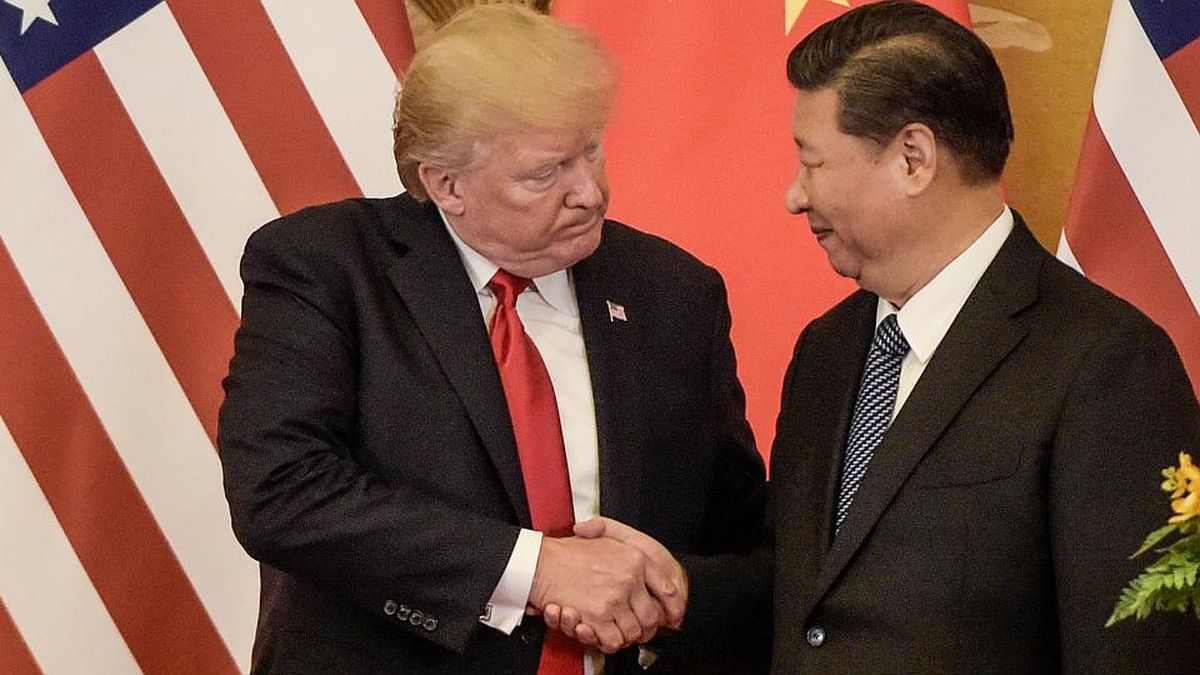According to a study, the state gives 16 billion euros to industry every year for climate-damaging subsidies. And thus significantly more than, for example, for support programs for renewable energies.
The environmental organization Greenpeace is calling for the billions in climate-damaging subsidies for German industry to be phased out.
According to a study by the Forum for Ecological and Social Market Economy commissioned by Greenpeace, these inhibited the climate-neutral transformation. “Billions in the billions to the industry for cheaper fossil energy make it more expensive and block the climate-friendly change in the economy,” says Bastian Neuwirth, climate and energy expert from Greenpeace.
Study: 16 billion euros for climate-damaging subsidies
According to a study available to the German Press Agency, the state continues to spend significantly more on climate-damaging subsidies than on converting industry to a climate-neutral economy. It is said that the state awards climate-damaging subsidies worth 16 billion euros to industry every year. The largest part, about 10 billion, is accounted for by reductions in national and European emissions trading. In addition, fossil fuels would be favored in electricity production with 3.8 billion per year, and there would be direct energy tax relief of 2.2 billion. Due to the high energy consumption, industrial sectors such as iron and steel, chemicals and paper would be particularly favoured.
On the other hand, there are numerous funding programs for energy or material efficiency, the use of renewable energies or the conversion to climate-neutral production processes. However, the quantifiable funding volume of the programs is less than 3 billion euros per year.
Greenpeace: linking subsidies to decarbonization
“By providing subsidies that are harmful to the climate, the federal government is thwarting its own climate goals,” the study says. The transformation of industry is becoming more expensive for the state and is being delayed. According to Greenpeace, if energy-intensive companies, which are particularly important for decarbonization, were made particularly responsible, this could make a significant contribution to reducing greenhouse gas emissions – for example by linking the granting of subsidies to clear specifications for decarbonization .
The study outlines an immediate program to reduce subsidies that could free up additional budget funds of at least 10 billion euros by the end of 2025. These could be used for the socio-ecological transformation of the economy and society. The top priority is to eliminate subsidies for fossil fuels such as coal, oil and gas. On the other hand, a lower industrial electricity price, as is currently being debated in politics, would be counterproductive for the climate-friendly transformation.
Source: Stern
I have been working in the news industry for over 6 years, first as a reporter and now as an editor. I have covered politics extensively, and my work has appeared in major newspapers and online news outlets around the world. In addition to my writing, I also contribute regularly to 24 Hours World.




